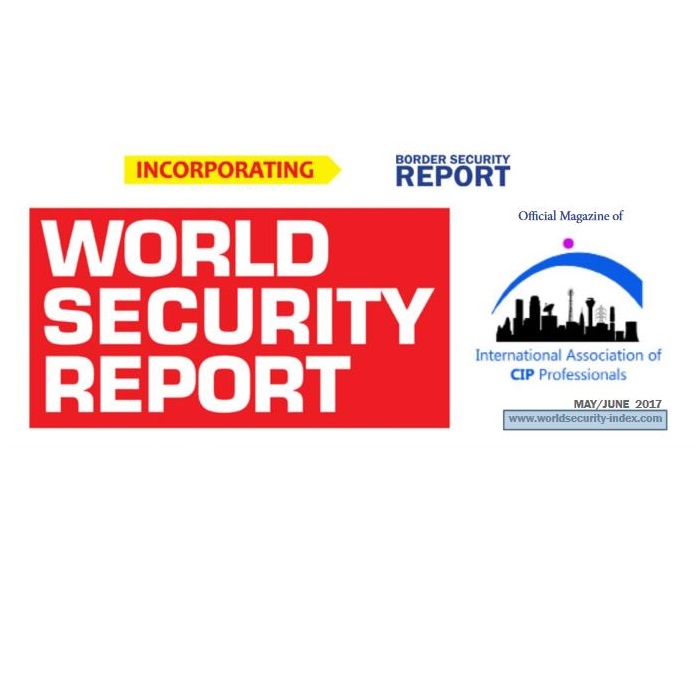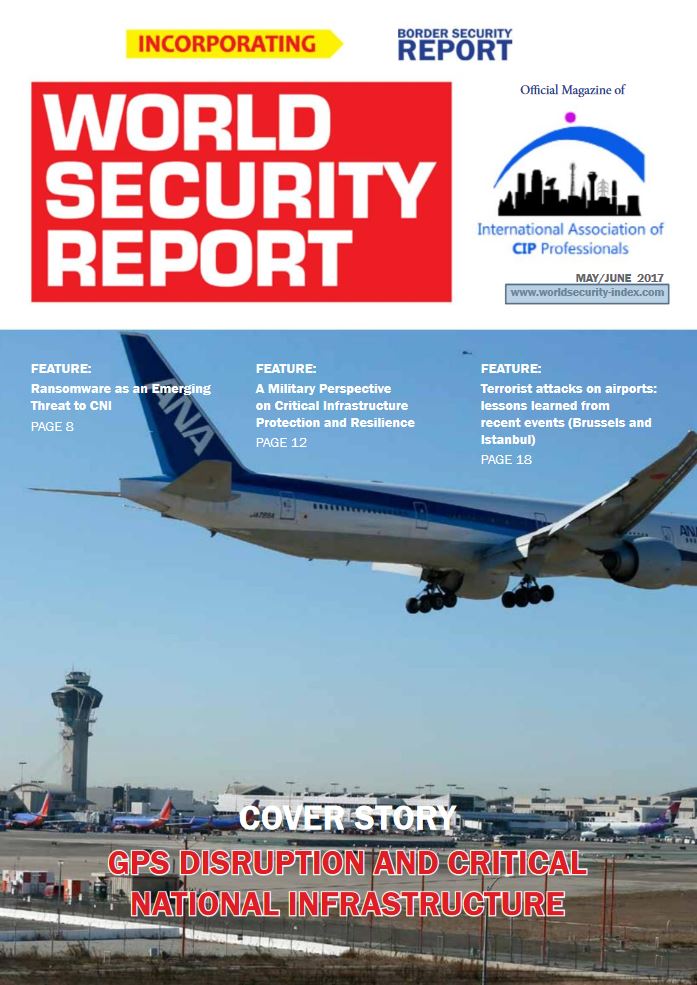
Drug markets remain the largest criminal markets in the EU. More than one third of the criminal groups active in the EU are involved in the production, trafficking or distribution of various types of drugs. The trade in drugs generates multi-billion euro profits for the groups involved in this criminal activity.
 The EU retail drug market is estimated to be worth at least EUR 24 billion a year. The immense profits generated from the trade in drugs fund various other criminal activities allowing Organised Crime Groups (OCG’s) to thrive and develop their criminal enterprises at the expense of the health, prosperity and security of EU citizens.
The EU retail drug market is estimated to be worth at least EUR 24 billion a year. The immense profits generated from the trade in drugs fund various other criminal activities allowing Organised Crime Groups (OCG’s) to thrive and develop their criminal enterprises at the expense of the health, prosperity and security of EU citizens.
OCGs involved in drug trafficking heavily rely on corruption to facilitate their trafficking activities. They also make use of fraudulent documents such as fake import or company registration certificates to import illicit drugs among legal goods, to procure pre-precursors and purchase equipment used as part of production processes.
Cannabis remains, by far, the most widely consumed illegal drug in the EU. Cannabis is distributed on EU markets as cannabis resin and herbal cannabis. In recent years, herbal cannabis has been increasingly popular with consumers, which has led to an increase in the production and availability of herbal cannabis within the EU and in countries close to EU markets.
Growing equipment, seeds and other raw materials used for cannabis cultivation in the EU are readily available online and often originate from the Netherlands. The indoor cultivation of herbal cannabis in the EU is expected to further expand over the coming years with new growing techniques and increasingly sophisticated growing technologies being used by OCGs in order to increase harvest yields and profits. Outdoor cultivation of herbal cannabis remains limited compared to the indoor cultivation of cannabis.
Albania remains the main source of herbal cannabis trafficked to the EU. The main source of cannabis resin consumed in the EU is Morocco from where it is trafficked to the EU primarily by sea and road transport. Cannabis resin originating from Morocco is increasingly smuggled to the EU across the Mediterranean Sea departing from Libya. Cannabis resin shipments are transported across the Mediterranean Sea to the Spanish coast using high-powered vessels where they are dropped into the sea and retrieved by OCGs on local fishing vessels or pleasure boats using GPS signalling devices.
Cocaine is primarily produced in Colombia, Peru and Bolivia and trafficked to the EU via other South American countries such as Brazil, Venezuela, Argentina, the Caribbean Sea region and West Africa. Over the last two years, the production of cocaine in Colombia has intensified significantly. An increase in the production output in Colombia will likely impact on the EU in the form of intensified trafficking activity as well as greater availability of cocaine on drug markets in the Member States.
To read the full story:
Click here to download your copy of World Security Report (pdf) >>
Click here to view dynamic copy of World Security Report >>





